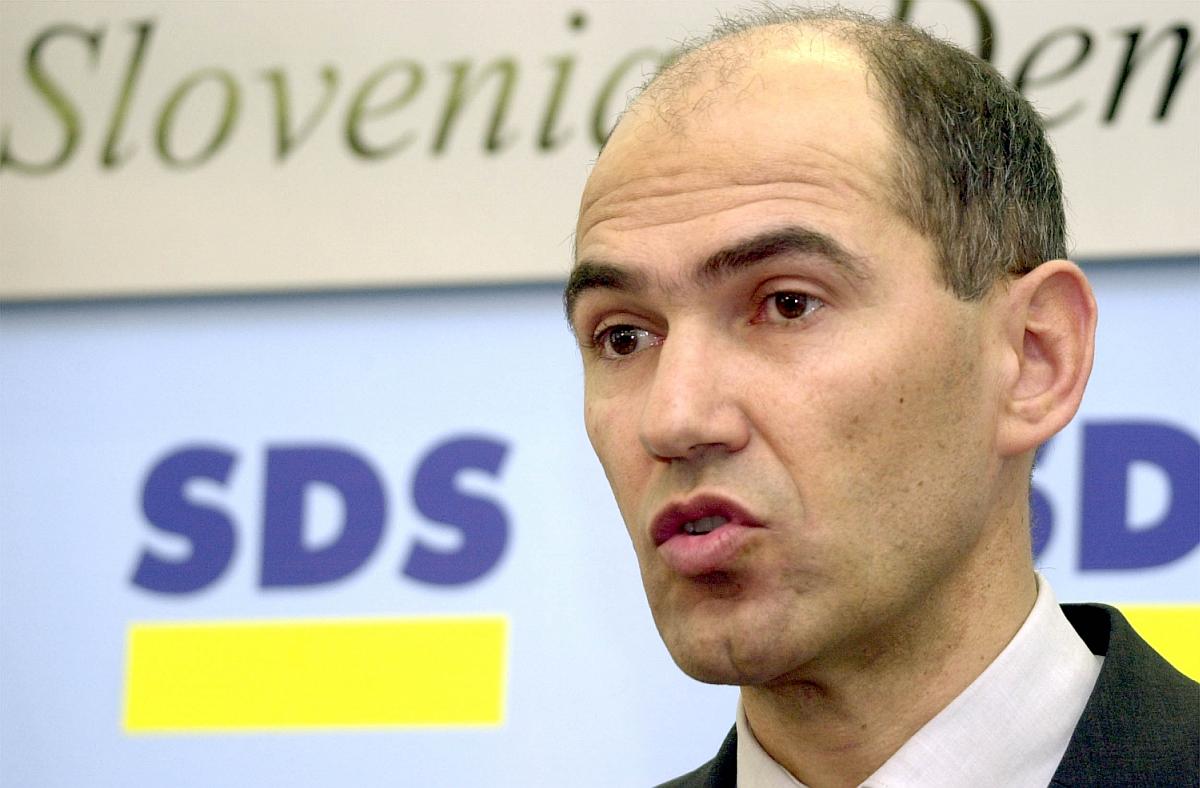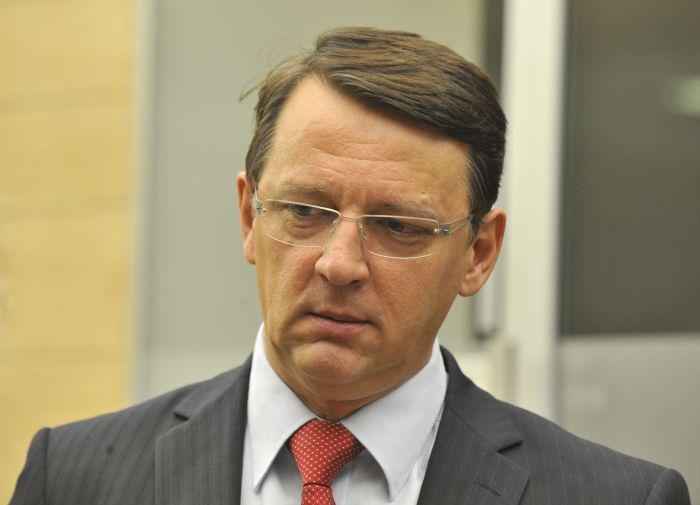

On 1st May 2004 Slovenia fulfilled its main goal set after the declaration of independence, and became part of the so-called big European family as the best prepared new member country. Ten years ago, virtually everyone had great expectations of something new to emerge, statements repeatedly referred to the “historic moment” and other superlative labels related to the event, reports Nika Benedik for Radio Slovenija.
The day before the anniversary is a good opportunity to remember what the Slovenian political leaders expected and wished for at the time. Moreover, we’ve also collected some current responses to the 10-year mark.
The then Slovenian Prime Minister, Anton Rop, stressed the importance of free movement: “Goods will circulate freely, capital will seek the best conditions, and duties will be eliminated. But may prosperity travel together with the goods. In addition to capital, may human rights, knowledge and – why not? – dreams circulate, too.”
Yet, many mistakes have been made in the past ten years, believes Rop today. “Practically from the very start, from 2004, at least when economic policies are concerned, Slovenia has made some grave mistakes and followed its own stubborn, odd path. Oddity is still present in Slovenian economy and politics. It reminds me of one of Cankar’s novels [t/n: a renowned Slovenian playwright], The Serfs.”
Slovenia in EU = higher salaries?
Many people were concerned about the future of workers upon the entry; threats related to the loss of jobs were a reality. The then Slovenian president, Janez Drnovšek, said at the time that all countries had been facing this problem. “Naturally, the solution does not lie in lowering the salaries, because it’s impossible to compete with Asian countries that have the lowest salaries, we simply cannot lower them this much. Instead, we need to strive towards quality production with higher added value.”
Some believed the entry into the EU would bring higher salaries, as Janez Potočnik, the then minister of European affairs, explained: “The fact that we’re joining the EU on its own doesn’t mean the salaries will be higher. But it’s possible to expect this tendency, as due to a wider market, openness, connectedness, and capital inflow the economic growth may be higher than it would have been otherwise.”
Ten years later the current European Commissioner for the Environment points out the consequences of the economic crisis: “Stereotypes have re-surfaced: too little solidarity, the developed North, the South that has been lagging behind,” says Potočnik.
Janša: EU will disintegrate monopolies
As the leader of the opposition in 2004, Janez Janša saw the advantages of the EU entry elsewhere: “In the first few years, the greatest achievement will be accomplished at home, since the European integration will help disintegrate local monopolies, not only economic ones, but also those in the media and politics.” Janša has not been available for comment, also reported Nika Benedik for Radio Slovenija.
B. V., translated by K. Z.


































































